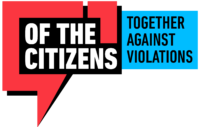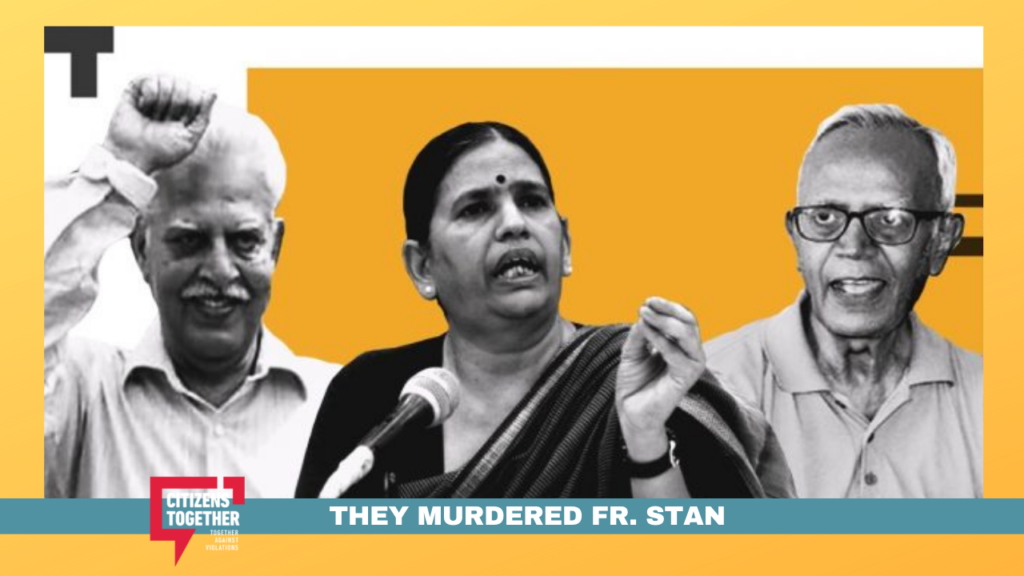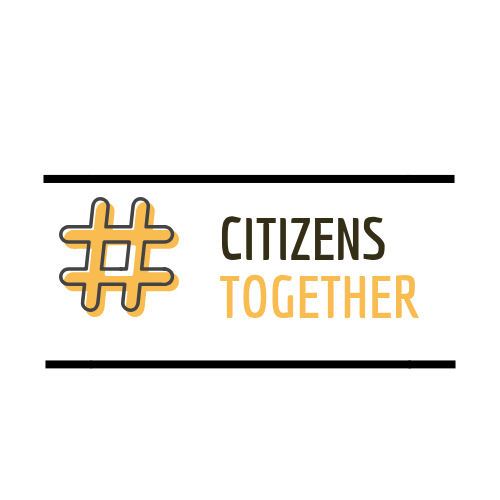Father Stan Swamy, a tribal rights activist arrested in the Elgaar Parishad case last year, passed away at a private hospital in Mumbai on Monday.
Who was Stan Swamy, and what kind of work did he do?
Father Stan Swamy was a Jesuit priest and a tribal rights activist based in Jharkhand. He had worked in the state for over three decades on various issues of the Adivasi communities on land, forest and labour rights. This includes questioning the non-implementation of the Fifth Schedule of the Constitution, which stipulated setting up of a Tribes Advisory Council with members solely of the Adivasi community for their protection, well-being and development in the state.
In a statement given two days before the NIA took him into custody, Swamy had said that he had challenged the “indiscriminate” arrest of thousands of young Adivasis and oolvasis with investigating agencies labelling them as “Naxals”.
What was the Case Against him?
The NIA arrested Swamy in the Elgar Parishad case in October 2020. However, soon after the arrest, the NIA requested the court to send Swamy in judicial custody and did not seek his custody even for a day. Swamy had been languishing in Navi Mumbai’s Taloja jail for the last nine months, with the NIA opposing his bail application in the lower court and the high court.
The Elgar Parishad case had led to Bhima-Koregaon case arrests. The NIA has claimed that Swamy had received Rs 8 lakh from one comrade Mohan to spread the activities of the Communist Party of India (Maoist).
Who Else were Arrested ?
In the early hours of 6th June 2018 five human rights defenders Surendra Gadling, Rona Wilson, Sudhir DhanwaLE Shoma Sen, Mahesh Raut were arrested from different parts of India. They were being charged under the draconian Unlawful (Prevention) Act (UAPA) with spreading controversial pamphlets delivering hate speeches in connection with Bhima Koregaon violence that broke out in January 2018. Later 11more activists were detained
Surendra Gadling is a human rights lawyer and General Secretary of the Indian Association of Peoples’ Lawyers (IAPL). Among those he has represented are numerous human rights defenders arrested on fabricated charges of being anti-national.
Sudhir Dhanwale, is back in jail in June 2018, after his acquittal from all charges of being a “Naxalite” this time he is accused of being part of an ‘urban Naxal plot to overthrow the government. The charge is based on his leadership and participation (along with thousands of others) in a public rally on December 31, 2017, in the village of Bhima Koregaon near Pune in western India.
Shoma Sen, Professor and Head of the Department of English at the Rashtrasant Tukadoji Maharaj Nagpur University, was arrested on 6 June 2018 and eventually suspended from the college, days before she was scheduled to retire in July 2018.
Mahesh Raut was arrested by Pune Police in connection with an event to commemorate the Battle of Bhima Koregaon. He’s the youngest accused in the Bhima Koregaon violence case. Mahesh Raut is a land rights activist working with Gram Sabhas in the mining areas of Gadhchiroli. He is a former Prime Minister Rural Development (PMRD) Fellow
Rona Wilson is the 47-year old Public Relations Secretary of the Committee for the Release of Political Prisoners (CRPP). He was arrested under the UAPA on June 6, 2018, in Delhi, at the same time as Shoma Sen, Surendra Gadling, and Mahesh Raut in Nagpur and Sudhir Dhawale in Mumbai, and accused of channelling Maoist funds for the Elgar Parishad and fomenting violence in Bhima Koregaon.
On August 28, Maharashtra police conducted a series of raids across the country. Houses of prominent activists, lawyers and writers were raided by the Pune police in Mumbai, Delhi, Ranchi, Goa and Hyderabad. By the end of the day, five prominent activists – Sudha Bharadwaj, Vernon Gonsalves, Varavara Rao, Gautam Navlakha and Arun Ferreira had been arrested by the police on a myriad of charges. Reportedly, the searches and detentions were carried out under the anti-terror Unlawful Activities Prevention Act (UAPA) and Sections 153A, 505(1)(b), 117, 120(b) and 34 of the Indian Penal Code.
Sudha Bharadwaj Activist Sudha Bharadwaj was arrested on August 28, 2018. She is one of India’s best known ‘people’s lawyers’. She has spent more than three decades working with the most marginalised sections of people – mostly Adivasis (or India’s indigenous ‘tribal’ populations) in the mineral-rich conflict-ridden central Indian state of Chhattisgarh. Away from the media glare, her ear firmly to the ground, this trade union activist and lawyer has fought numerous battles (protests, negotiations, court cases) against powerful corporate powers, and the Chhattisgarh state.
Vernon Gonsalves is a trade unionist, activist, an academic (former professor of business management in a college in Mumbai) and a writer, who writes extensively on Dalit and Adivasi rights, the conditions of prisons in India and the routine violation of rights of prisoners.
Arun Ferreira is a human rights lawyer from Mumbai, India. He is a member of the Committee for Protection of Democratic Rights (CPDR) and the Indian Association of People’s Lawyers (IAPL). He studied at Mumbai’s St. Xavier’s College where he developed a strong social conscience and organised the institution’s canteen workers to demand better work conditions. After college, he worked with slum dwellers in Mumbai before becoming a community organiser in Vidarbha rural Maharashtra state). He was previously arrested on charges of being a Naxalite but none of the charges against him was proved in the court.
Varavara Rao – Inspired by the proletarian Cultural Revolution on the world stage and the Naxalite politics on the national scene, Varavara Rao entered into an engagement with politics and literature that was to deepen in intensity and commitment over the next five decades. VV worked as a college lecturer until 1988 and spearheaded an energetic literary magazine, Srjana, for several decades. During his many trysts with life in jail as a “prisoner of conscience”, he translated the work of Ngugi Wa Ngugi was Thiong’o (the Kenyan novelist, activist and theorist of postcolonial literature) into Telugu, and wrote his prison diary, Sahacharulu (1990), which was translated into English as Captive Imagination. His varied literary endeavours of the past five decades were recently collected and published in a single volume. In February Varvarao Rao was granted bail on medical grounds for six months by the Bombay High Court.
Gautam Navlakha is a Delhi-based veteran journalist, author, civil liberties, human rights and peace activist best known for his fierce and sustained critique of the Indian state’s militarism against its citizenry in three broad zones – the northeastern states, Kashmir valley, and the central Indian forested zone in Chhattisgarh.
Anand Teltumbde is a public intellectual and a civil- rights activist based in Goa. He has a long association with peoples’ struggle spanning over three decades backing his theorizations on various issues. Trained in technology and management from the top institutes in the country, he marshals his insights into the modern techno-managerial world to sharpen strategies of struggles. He has authored many books and written numerous articles. Some of his books are: “Dalits: Past, Present and Future”, “Mahad: The Making of the First Dalit Revolt”, “The Persistence of Caste: The Khairlanji Murders and India’s Hidden Apartheid” and, most recently, “Republic of Caste”. He was arrested by the National Investigative Agency (NIA) on 14 April 2020, and charged under various provisions of the Indian Penal Code along with the Unlawful Activities (Prevention) Act (UAPA)
Jyoti Jagtap joined Kabir Kala Manch in 2007. She was already known as a fiery social activist in Seva Dal, a socialist youth group in Pune district’s Saswad town. She was a psychology student at Saswad’s Waghire College at the time and took up a range of women’s issues in her activism. She was arrested on Septeber 08,2020 by Pune ATS and handed over to NIA for custody.
Sagar Gorkhe joined the Kabir Kala Manch in 2004. He came from a poor Dalit family in Pune where his parents moved from suburb to suburb taking up jobs as construction workers, security guards, and domestic workers. After school, he began living in the city’s Kasewadi slum and started studying sociology at the Babasaheb Ambedkar College. As a student, he worked as a sweeper and a car cleaner to be able to pay for college, but later he worked full-time with KKM, applying his love of song and poetry to talk about people’s rights and justice.
Ramesh Gaichor joined the Kabir Kala Manch in 2002 as a 19-year-old commerce student in Pune’s Wadia College. He helped build up the group with his commitment to social change through art and culture. Since the Manch did not make much money through their performances, Gaichor also worked part-time jobs as a hospital clerk and a lecturer over the years. This work stopped after members of Kabir Kala Manch were accused of having links with Maoists, and Gaichor spent three years as an undertrial in jail.
Hany Babu is an associate professor in the Department of English, Delhi University. His areas of specialisation include policy, linguistic identity, marginalised languages and social justice. He is a strong advocate of Dalit rights and has been active in helping underprivileged Dalit students obtain their scholarships and reserved seats at the University. He had also been leading the defence team seeking the release of incarcerated human rights defender G. N Saibaba.



